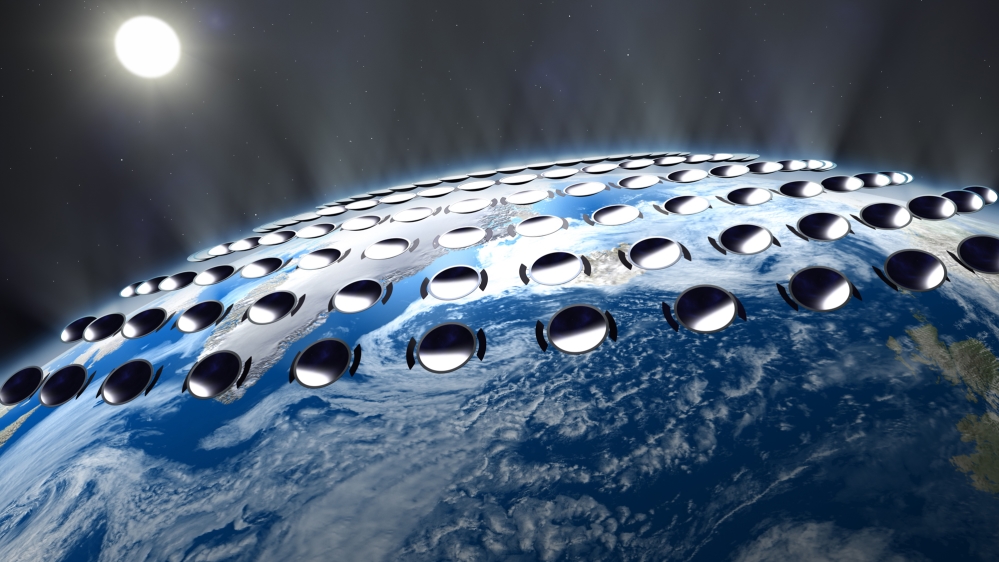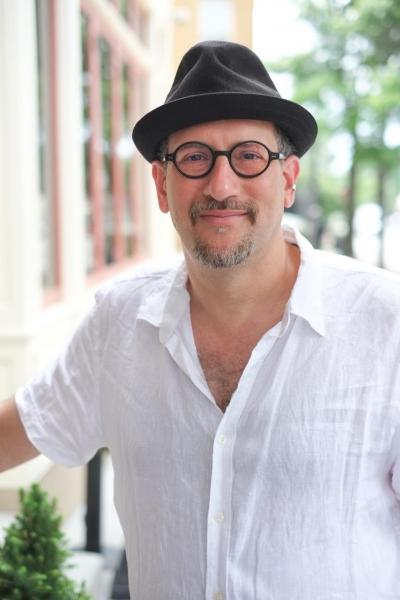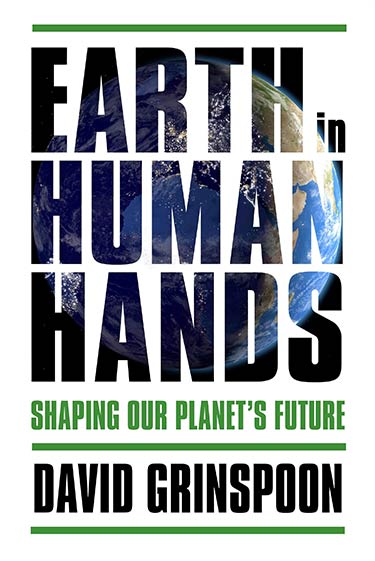
Hacking the Planet (start time: 10:24):
It’s tough to wrap one’s mind around just how monumental and consequential the problem of climate change is. So dire that scientist and engineers for years have been exploring ways to “hack” the planet–to manipulate the global climate system enough to significantly reduce planet-warming gases or increase the Earth’s ability to reflect solar radiation. This audacious scheme, called geoengineering, only exists because many scientists think that human behavioral change, industry regulations, international treaties and national legislation, have not done enough — can not do enough – to keep us from careening toward climate catastrophe.
Our guests today have given this huge challenge a lot of thought and some research. Dr. Lisa Dilling is an associate professor of Environmental Studies at CU Boulder and a fellow at the Cooperative Institute for Research in Environmental Sciences, or CIRES. Dr. David Fahey is a physicist at the National Oceanic and Atmospheric Administration, or NOAA. He directs the Chemical Sciences Division at NOAA’s Earth System Research Lab in Boulder.
Some relevant materials on geoengineering:
2017 study on public perception of climate change;
2015 National Research Council committee evaluation of proposed climate-intervention tchniques.
Hosts: Susan Moran, Joel Parker
Producer: Susan Moran
Engineer: Joel Parker
Contributor: Chip Grandits
Executive Producer: Susan Moran
Listen to the show here:
Podcast: Play in new window | Download (Duration: 29:24 — 26.9MB)
Subscribe: RSS







